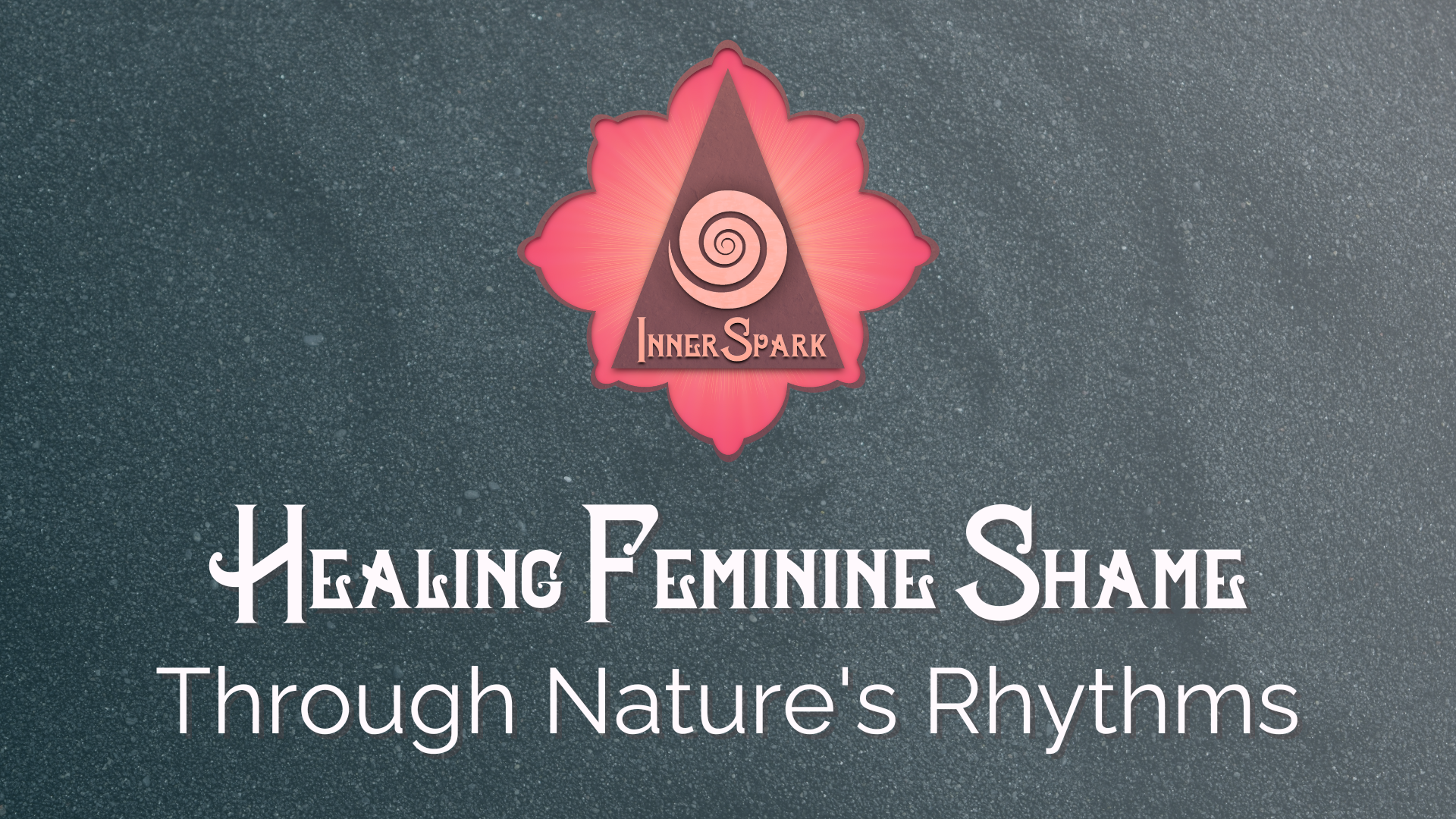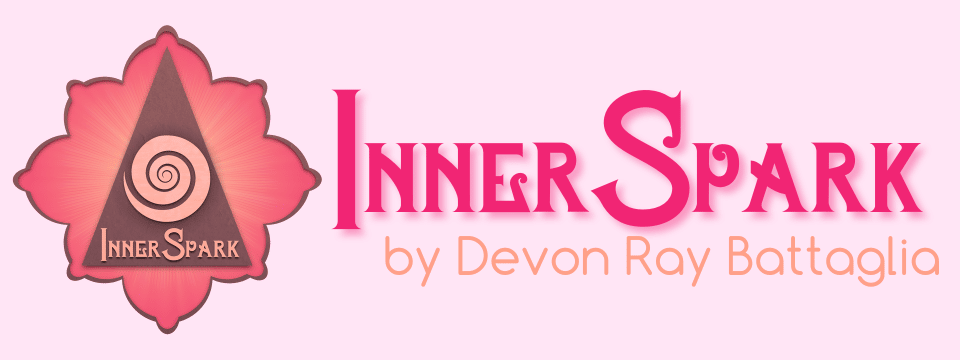What is Herbal Medicine?
Herbal medicine is the co-creation between humans and plants. Herbal medicine has been used since humans came to exist. Plants have been around much longer than humans, after all. There are known records of plants being used as far back as Mesopotamia and by ancient Sumerians over 5000 years ago. However, in order for humans to have made it that far, I am willing to bet it all that plants were in use and no one was keeping records.
Herbal medicine involves relying on the natural world to support us on all levels – physically, emotionally, mentally, and spiritually.
The practice of using physical plant matter in herbal medicine to enhance our well-being and human experience can be seen in a variety of modalities. From Ayurveda to Chinese Medicine, Native Americans and other indigenous peoples, herbal medicine is the primary resource for healing and physical body support, and these “alternative medicine” practices have been around a lot longer than the allopathic approach of today.
Another term often used in herbalism is “botanical”. A botanical is a part of a plant that is used as an additive in foods, beverages, cosmetics or other products. In many of my own homemade products I use a variety of botanicals as well as the whole original plant material. Examples of botanicals would be the essential oils of a plant, the petals of a flower, and so forth.
Unlike herbal medicine, which relies on the physical properties of the plants involved, other plant medicines such as flower essences make use of the energetic properties of plants to affect us on a more subtle level.
Flower Essences
Flower Essences are one of the safest and most effective ways of getting the root (no pun intended) and subtle building blocks of your experience. So if you’re curious about Flower Essences then I hope you’ll find the answers you’re looking for in this little introduction to Flower Essences I’ve put together. Learn more
Plant Medicine
The first thing people tend to assume when they hear me bring up Flower Essences is that they are essential oils. The second most common thing I hear is that they are made of actual plant materials. Both assumptions are false. I wanted to lay out the main four main forms of plant medicines, their differences, and their uses in this basic outline that also includes a video class! Read more
Is Herbal Medicine Safe?
Herbal medicine is safe, when used responsibly and wisely. Not all plants are meant for consumption, and not all plants that are safe for consumption are safe for all people. Some plants cause side effects when taken on their own, and some plants can interact with other plants and/or pharmaceuticals creating unpleasant reactions. Some plants are good for some people and not for others, based on the individual’s current state and needs. Some plants are safe and helpful during pregnancy, while others should be avoided.
There’s no one-size-fits-all approach. In general, however, herbal medicine is indeed safe for all people every day. That coriander and pepper you put on your food, the green tea or coffee you drink in the morning are examples of daily herbal medicine use.
How is Herbal Medicine used?
There are many ways to use and prepare herbal medicine. From basic herbal teas and infusions to powders, to tinctures and elixirs, there are a variety of ways to enjoy Nature’s bounty. For the DIY novice, crafting simple herbal teas is really fun. Additionally, using fresh or dried herbs in cooking can be a great way to add flavor and many beneficial health properties to meals.
Creating infusions is similar to making a tea, although you seal the hot water with the plant matter and allow it to steep for several hours or overnight.
Powdered herbs are typically what you see in your spice cabinet and are simply the whole plant ground into powder.
Tinctures and elixirs are other ways to use and prepare herbal medicines that require a bit more hands-on work, preparation, and timing, but are rewarding and allow a plant’s properties to be stored for a very long time.
So which one is best? If you ask many herbalists what the best way to take herbs is, you’ll receive many different answers. The best herbal medicine and the best way of preparing it depends on the desired intention of the user, the plant itself, and more.
What are the benefits of Herbal Medicine?
Herbal medicine has so many benefits! To even attempt to name them all would be well beyond the scope of this article. Think of it this way: your physical body is created using the exact same elements found on Earth that create plants, right? There’s only so many different materials here.
Your physical body responds best with substances that it recognizes. Plants are our greatest allies and provide our bodies with the substrate necessary to support health and vitality across all life stages and in any dis-ease state.
Herbal medicine can support our endocrine system, our digestive system, our circulatory system, our immune system, and beyond. Herbal medicine nourishes the brain, supports healthy skin, hair, and nails, helps to maintain healthy lipid levels, reduce inflammation, increase our resiliency towards infections, and so much more.
There’s a continually growing body of research to prove what humans have innately known all along – that plants heal. Truly, there’s a plant for everything. Herbal medicine has been used to treat so many conditions that it would be impossible to list them all here, there are literally too many conditions to name, but some of the most common ones include:
ACID REFLUX
ANXIETY
ARTHRITIS
ASTHMA
BLOOD PRESSURE
BREAST CANCER
CANCER
CANDIDA
CONSTIPATION
COUGH
DEPRESSION
DIABETES
DIARRHEA
ECZEMA
FATTY LIVER
FERTILITY CHALLENGES
HEALTHY PREGNANCY
HAIR LOSS
HEADACHE
HEPATITIS
HIGH BLOOD PRESSURE
HYPERTENSION
HYPOTHYROIDISM
INSOMNIA
JOINT PAIN
KIDNEY INFECTION
LIVER ISSUES
MENOPAUSE
OVARIAN CYSTS
PCOS
POOR WOUND HEALING
SINUSITIS
TOOTHACHE
ULCERATIVE COLITIS
UTI
VERTIGO
WEIGHT GAIN
WEIGHT LOSS
YEAST INFECTION
Getting Started at home
What are some herbal remedies you can make at home?
Making herbal remedies at home can be as simple as using beneficial herbs in spice blends for cooking and tea blends for sipping. A lovely evening brew could be chamomile, lavender, and mint. A delightful culinary blend could be turmeric, cilantro, and ginger. It’s that simple!
What are some medicinal herbs that you can grow at home?
Growing your own herbs is both enjoyable and easy! Here’s a guide to help you.
Your herb garden could be mainly for culinary use, medicinal use, or a bit of both! Some great culinary herbs to consider would be rosemary, basil, ginger, oregano, cilantro, and chives. Some medicinal herbs could be chamomile, mint, lavender, echinacea, yarrow, tulsi, or licorice. You can always dehydrate these for longer storage and later use.
Your connection to Nature
As living in communion with Nature is a cornerstone of my work, I am a big proponent of plant medicine in all its forms. I am passionate about sharing the wisdom of plants and ways of incorporating more of them into our diets, our personal care routines, and more! The importance of realigning with Nature’s wisdom cannot be overstated. Click here to read more
The InnerSpark Method
Timeless Wisdom to become Naturally Resilient
Transform life's storms and cultivate peace, resilience, and vitality with Nature's wisdom.
Dive deep into nature’s rhythms, unraveling from the complexities and strains of modern life, and align yourself with the ebb and flow that has sustained life for millennia.
Drawing from nature, our eternal mentor, we glean lessons of steadfastness, flow, and unity.
But as the digital age surges forward, our intimate connection to these timeless rhythms is diminishing, causing our physical, emotional, mental, relational, and spiritual well being to teeter.
The InnerSpark Method bridges that gap, guiding you back to your innate resilience and rhythm, reigniting your zest for life and sense of purpose.
Come discover a whole-person, trauma-informed system of Nature's self-care to rekindle natural cadences across all dimensions of your being - whether it's the physicality of daily routines, the depths of emotional resilience, the realms of mental clarity, the vibrations of energy, the art of relationships, or the ethereal world of spirituality.
More Seasonal Living + Earth Wisdom:
-

All About Seasonal Living
Seasonal Living is about surrendering to the flow and allowing the natural rhythms, rather than resisting them.
-

Healing Feminine Shame
In today’s fast-paced world, where we prize the linear, productive, and constant, a profound form of dissonance permeates our lives. This dissonance is rooted in Feminine Shame: a deep-seated aversion and resistance towards the inherently natural, cyclical, and intuitive aspects of existence. By understanding and healing Feminine Shame, we initiate the process of aligning more…



0 Comments